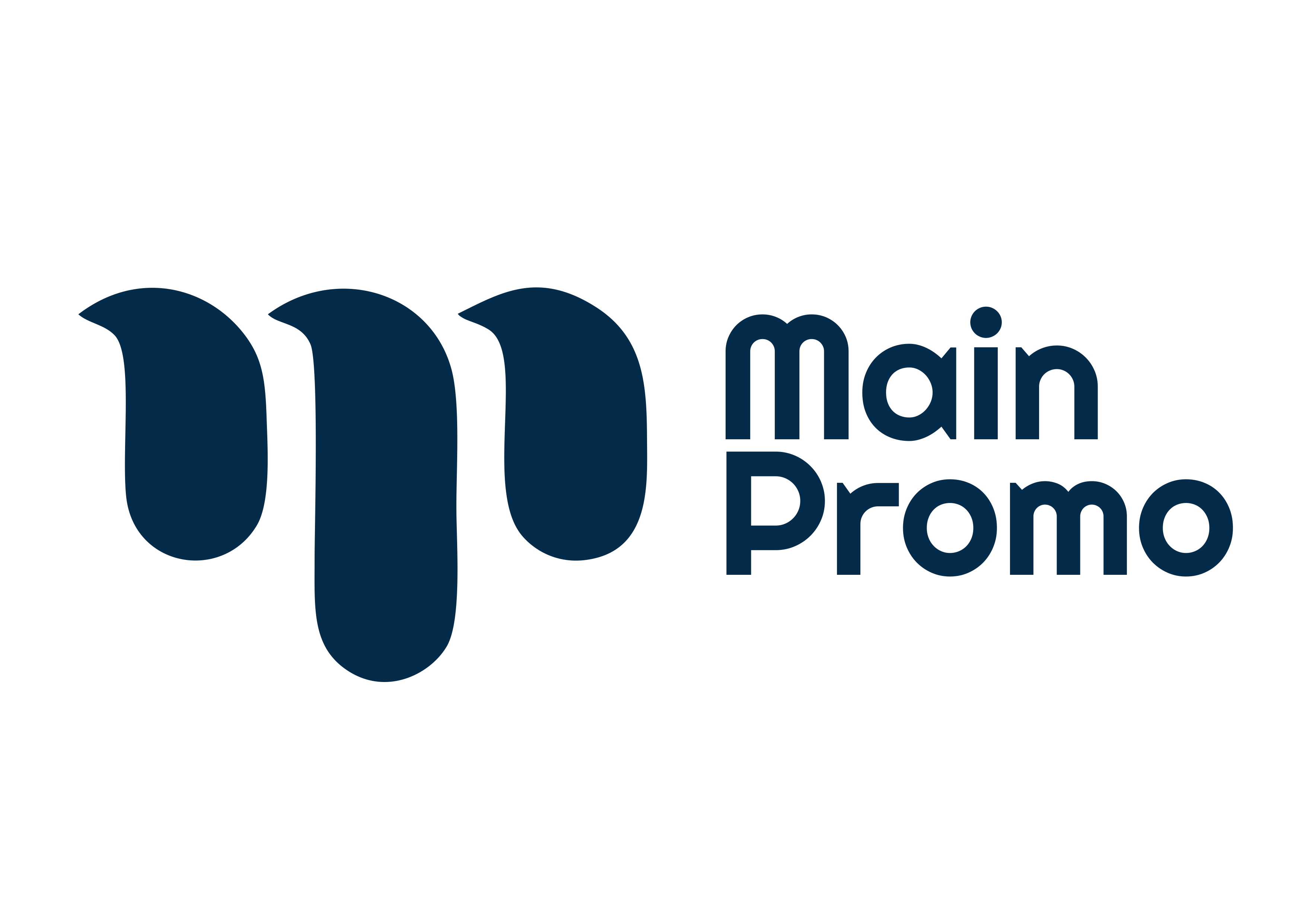What is a Digital Marketing Strategy?
A digital marketing strategy is a comprehensive plan that outlines how businesses leverage online channels to reach their target audience, build brand awareness, and drive conversions. It involves using platforms like social media, search engines, email marketing, and content creation to achieve specific business goals.
If you’re struggling to get results from your digital marketing efforts, don’t worry you’re not alone. Many businesses face challenges in navigating the ever-evolving online landscape. The key to success lies in a structured, data-driven approach that ensures your marketing efforts align with consumer behavior and industry trends.
You might be wondering what the benefits of a digital marketing strategy are.
Benefits of a Digital Marketing Strategy
A well-defined digital marketing strategy is essential for businesses looking to stay competitive in an increasingly online world. Here are some key benefits of having a strong digital marketing strategy:
- Clear Business Direction & Goal Alignment: A digital marketing strategy ensures that every campaign, platform, and effort is aligned with overall business objectives. It helps businesses define their target audience, select the right marketing channels, and establish measurable goals for growth.
- Better Audience Targeting & Engagement: With a structured approach, businesses can effectively reach the right audience at the right time. A strategy enables precise targeting based on demographics, interests, and behaviors, leading to increased engagement, higher conversion rates, and stronger customer relationships.
- Cost-Effective Marketing with Higher ROI: Digital marketing offers a cost-effective way to promote products and services compared to traditional methods. A well-planned strategy ensures optimal budget allocation, maximizing return on investment (ROI) through data-driven decisions and performance tracking.
- Real-Time Performance Tracking & Adaptability: One of the biggest advantages of digital marketing is the ability to monitor campaign performance in real time. Businesses can analyze data, adjust strategies on the go, and optimize efforts to improve outcomes, ensuring flexibility in a constantly evolving market.
- Increased Brand Awareness & Competitive Advantage: A digital marketing strategy helps businesses build a strong online presence, ensuring visibility across search engines, social media, and other digital platforms. It also provides a competitive edge by enabling brands to stay ahead of industry trends and consumer expectations.
How to Build a Winning Digital Marketing Strategy

1. Analyze Your Current Digital Presence
Before crafting a new strategy, assess where you currently stand. Conduct an audit of your website, social media accounts, SEO performance, and content marketing efforts. Use tools like Google Analytics, SEMrush, Ahrefs, and social media insights to identify strengths, weaknesses, and areas for improvement, to gain insights into traffic sources and audience behavior.
Key focus areas:
- Website performance and UX/UI experience
- Social media engagement and audience interaction
- SEO rankings and organic traffic trends
- Content quality and relevance
- Paid ad performance and conversion rates
2. Set SMART Goals
Define clear objectives using the SMART framework:
- Specific – Clearly outline what you want to achieve (e.g., increase website traffic by 30%).
- Measurable – Use key performance indicators (KPIs) to track progress.
- Achievable – Set realistic targets based on industry benchmarks.
- Relevant – Align goals with your overall business objectives.
- Time-bound – Establish deadlines for achieving your targets.
Well-defined goals give your strategy direction and measurable success.
3. Identify Your Target Audience
Understanding your audience is crucial for creating effective marketing campaigns. Create detailed buyer personas by analyzing demographics, interests, pain points, online behaviors, and buying patterns. Use market research, customer feedback, social media insights, industry reports, and competitor research to refine your audience segments.
4. Leverage SEO for Visibility
Search Engine Optimization (SEO) is a game-changer for digital marketing. Optimize your website with relevant keywords, high-quality content, fast-loading pages, and mobile-friendly design. Focus on both on-page SEO (meta descriptions, headers, image alt texts) and off-page SEO (backlinks, social media engagement).
5. Develop a Content Marketing Strategy
Content is the backbone of digital marketing. Create valuable, informative, and engaging content that resonates with your audience and positions your business as a trusted authority in your industry. Consider blog posts, videos, infographics, podcasts, and case studies. Use a content calendar to maintain consistency and optimize for search engines.
Maintaining a steady flow of high-quality content sustains engagement and cultivates trust and loyalty.
6. Choose the Right Digital Channels
Delivering outstanding customer service through digital platforms is key to fostering strong relationships with your online audience. Customers engaging with businesses via social media, email, or live chat expect fast, helpful, and personalized support. Ensure your customer service team is responsive and well-trained to effectively handle inquiries, address concerns, and resolve issues efficiently.
Note that not all platforms will work for every business. Select the most effective channels based on your audience and goals:
- SEO & Blogging: Boost organic traffic with high-ranking content.
- Social Media: Engage users on platforms like Instagram, LinkedIn, Twitter, and Facebook.
- Email Marketing: Nurture leads with personalized campaigns.
- Pay-Per-Click (PPC) Advertising: Drive instant traffic with Google Ads and social media ads.
Understanding online consumer behavior and using effective engagement strategies helps build lasting relationships that drive growth. Embrace these tactics to thrive in the digital marketplace.
7. Monitor, Analyze, and Optimize
To maximize the impact of your digital marketing efforts, continuously measure success and refine your strategies. Identify key performance indicators (KPIs), leverage analytics tools, and make data-driven decisions to optimize performance and achieve your goals.
A winning strategy isn’t static—track ROI, analyze results, and adjust your approach based on real-time data. Regularly test new ideas, update content, and stay ahead of industry trends to maintain a competitive edge.
Building a successful digital marketing strategy takes time, effort, and continuous optimization. By setting clear goals, understanding your audience, leveraging SEO, and creating engaging content, you can turn your digital marketing struggles into success. Stay consistent, track your progress, and adapt to new trends to keep your brand ahead of the competition.
Start implementing these steps today, and watch your digital presence grow!








